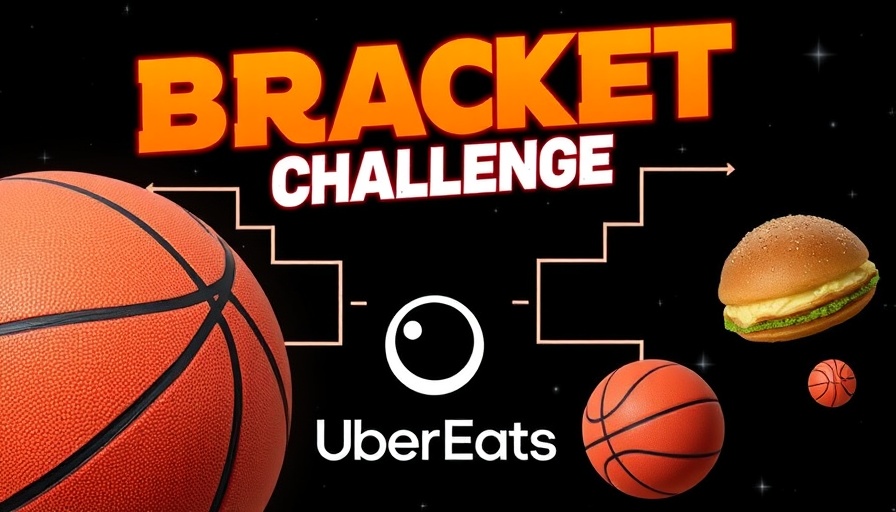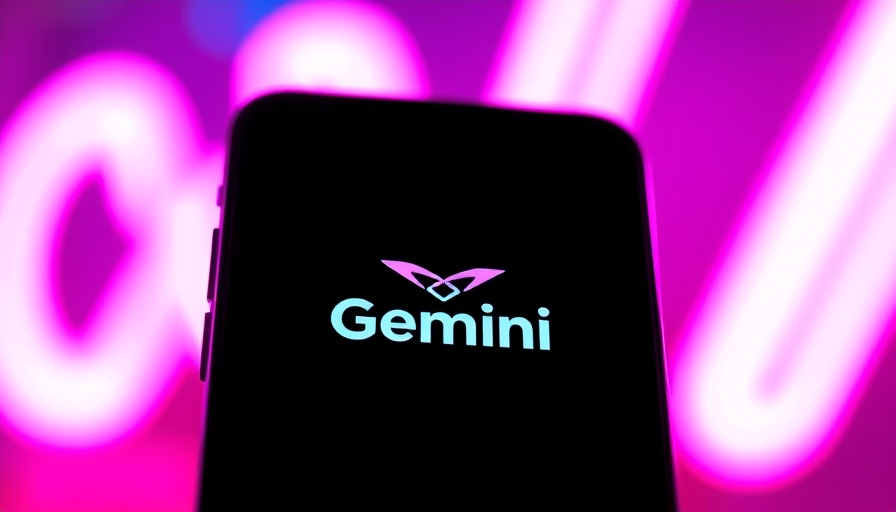
What's at Stake in the March Madness Bracket Challenge?
For sports fans, March is not just about the arrival of spring; it brings with it the excitement of NCAA basketball’s March Madness. This year, X, the platform formerly known as Twitter, has teamed up with Uber Eats to launch an ambitious competition: the chance to win a trip to Mars. Yes, a trip to the red planet aboard a SpaceX Starship is the grand prize for anyone who can correctly predict the perfect March Madness bracket. But if no one achieves that feat, a cool $100,000 cash prize awaits the runner-up.
The Allure of Unbelievable Prizes
Imagine filling out your basketball bracket and suddenly realizing that your dream of space travel could be one perfect pick away! This competition promises players not just a chance at fame, but a literal ticket to the stars that will fire up conversations in homes across America. With X noting that if the perfect bracket isn’t submitted, generous alternative prizes will still support fan engagement. Fans can capture a variety of rewards, including a year of Starlink internet service, cash prizes, and even the chance to take part in astronaut training—real-life opportunities that feel contiguous with this campaign’s thrilling space theme.
Reality Check: Is Mars Travel Feasible?
Despite the grand promise of a Martian vacation, many questions arise about the feasibility of such a venture. Elon Musk has been vocal about his ambitions to colonize Mars, yet skeptics point to the many delays and failures faced by SpaceX. The company is still refining its capabilities, with recent launches showcasing some unsettling results. Health and safety standards for human passengers must be met long before anyone travels to another planet, raising the question: can we trust the promise of such extravagant prizes when the logistics seem so far off?
The Educational Value of Competitions Like This
Competitions involving popular events like March Madness have significant educational potential. Parents can leverage the excitement of these tournaments to spark interest in mathematics and strategic thinking among their children. Filling out a bracket involves analyzing statistics, predicting outcomes, and understanding probabilities. Skills that children learn through this fun activity can transcend the realm of sports and foster important analytical skills useful in many life aspects.
Encouraging Family Bonding Through Shared Interests
Participating in the March Madness Bracket Challenge offers families a unique opportunity to bond over shared interests. As parents and children engage in discussions about basketball statistics or debate optimal picks for their brackets, they are building connections. These moments can serve to reinforce family dynamics and create unforgettable memories centered around sports enthusiasm.
Is This Just a Marketing Stunt?
Some may argue that the prospect of winning a ticket to Mars is merely a marketing gimmick. Skepticism abounds when it comes to picking winners in such an unpredictable event as NCAA basketball, let alone considering the feasibility of travel to Mars. Nonetheless, whether or not the grand prize is attainable, the excitement and engagement generated by the competition should not be overlooked. This campaign exemplifies how brands can capture public interest through fantasy while simultaneously promoting their services.
Final Thoughts: Should Kids Participate?
In the end, the March Madness Bracket Challenge provides an exciting avenue for parents and kids to engage with one another, develop critical thinking skills, and have fun. Encouraging children to enter competitions like this—while also explaining the importance of realistic expectations regarding prizes—could result in not only joyous family outings but enhanced understanding of sports and strategic thinking! As the tournament kicks off, it’s an ideal time for families to sit down together, fill in their brackets, and enjoy the thrill of the game.
 Add Row
Add Row  Add
Add 




Write A Comment